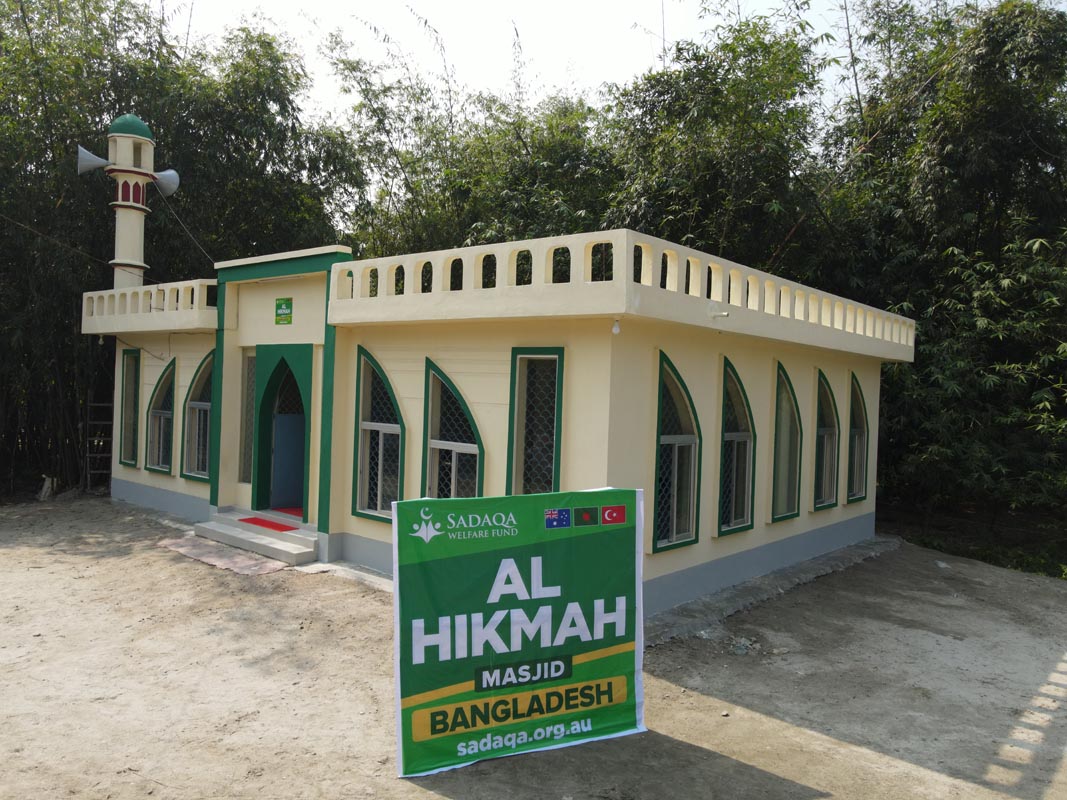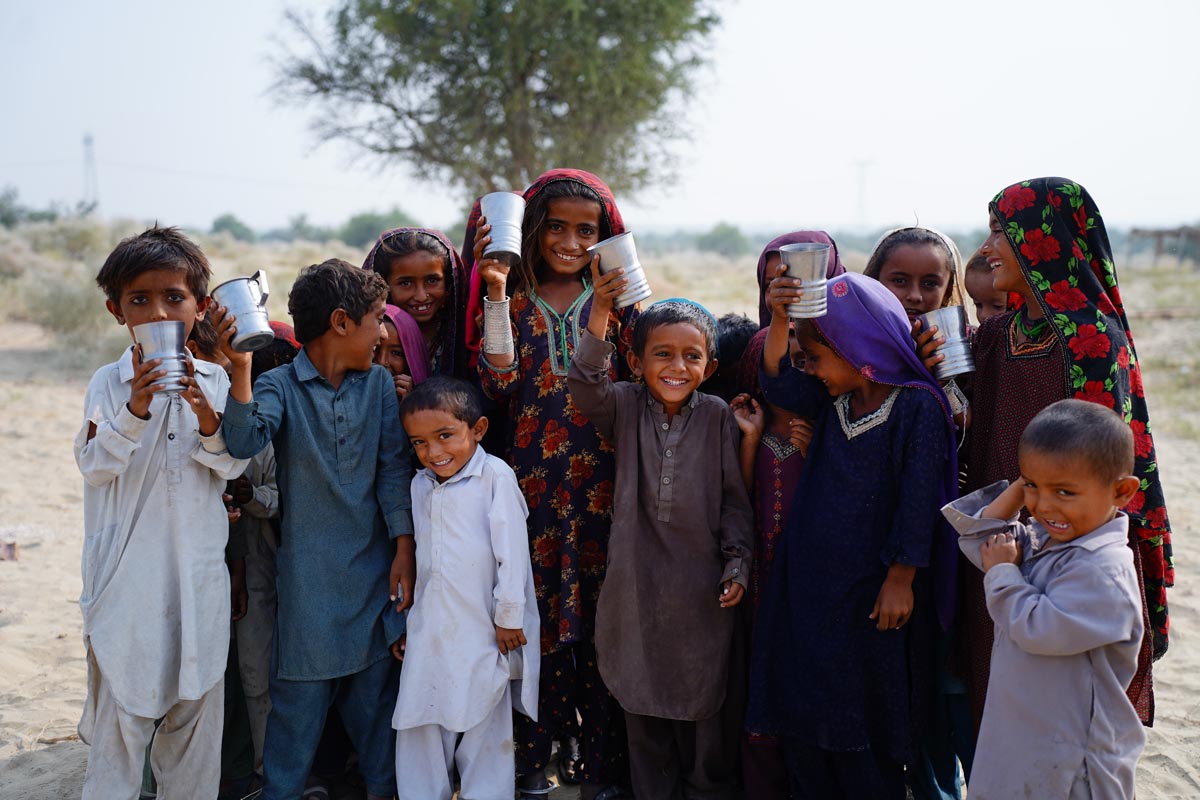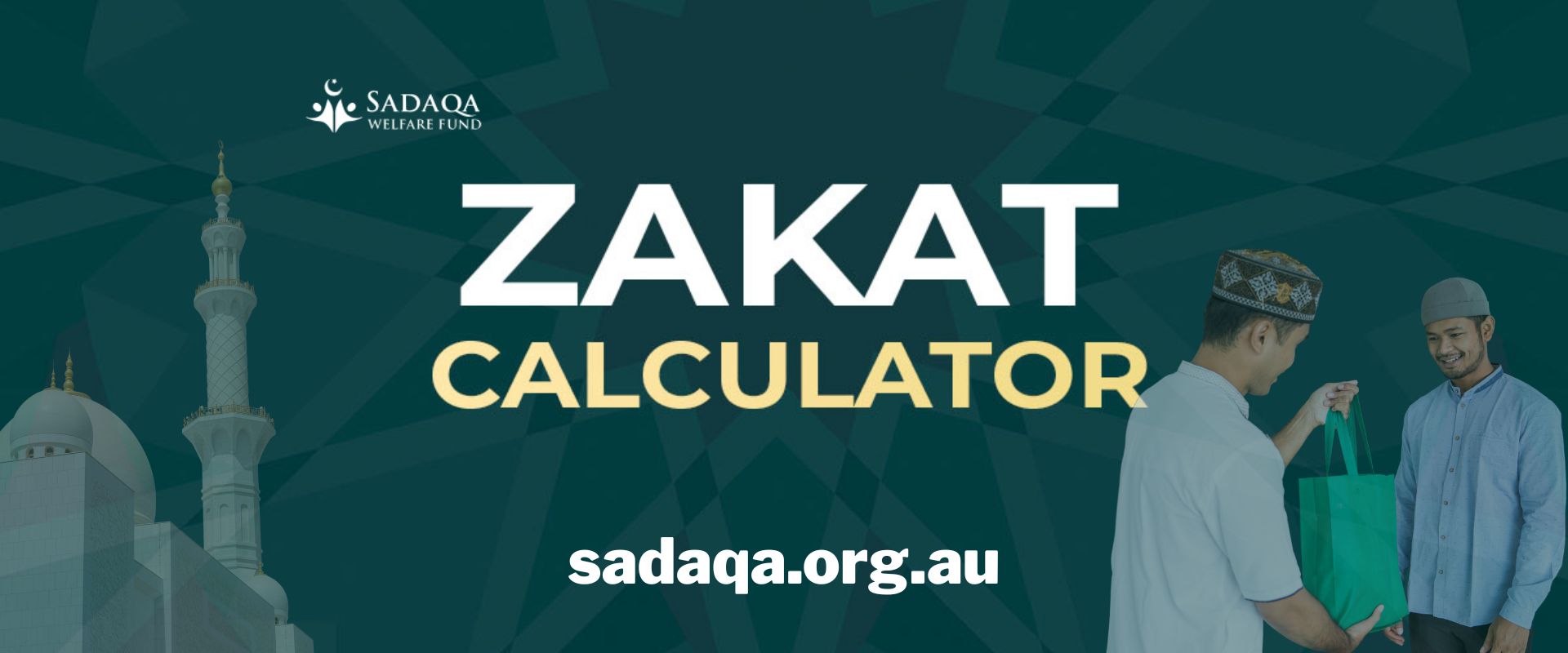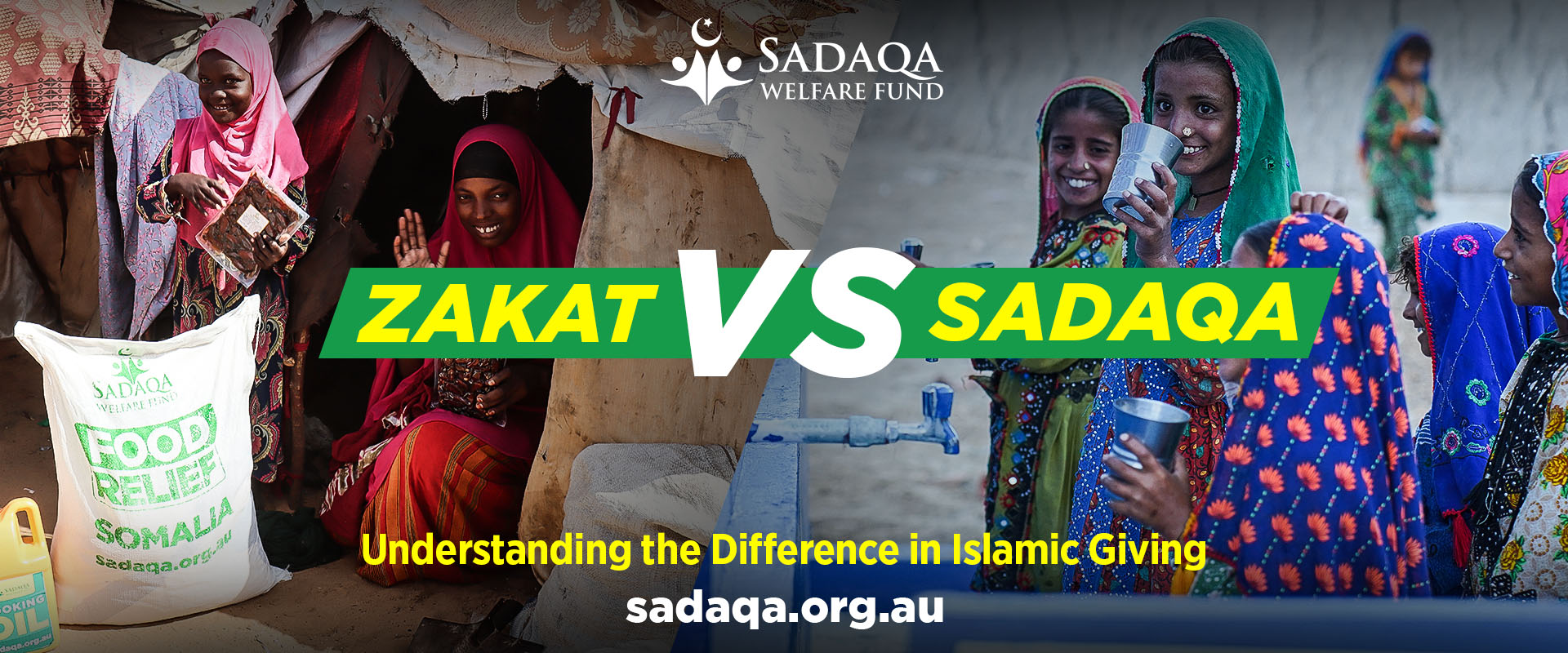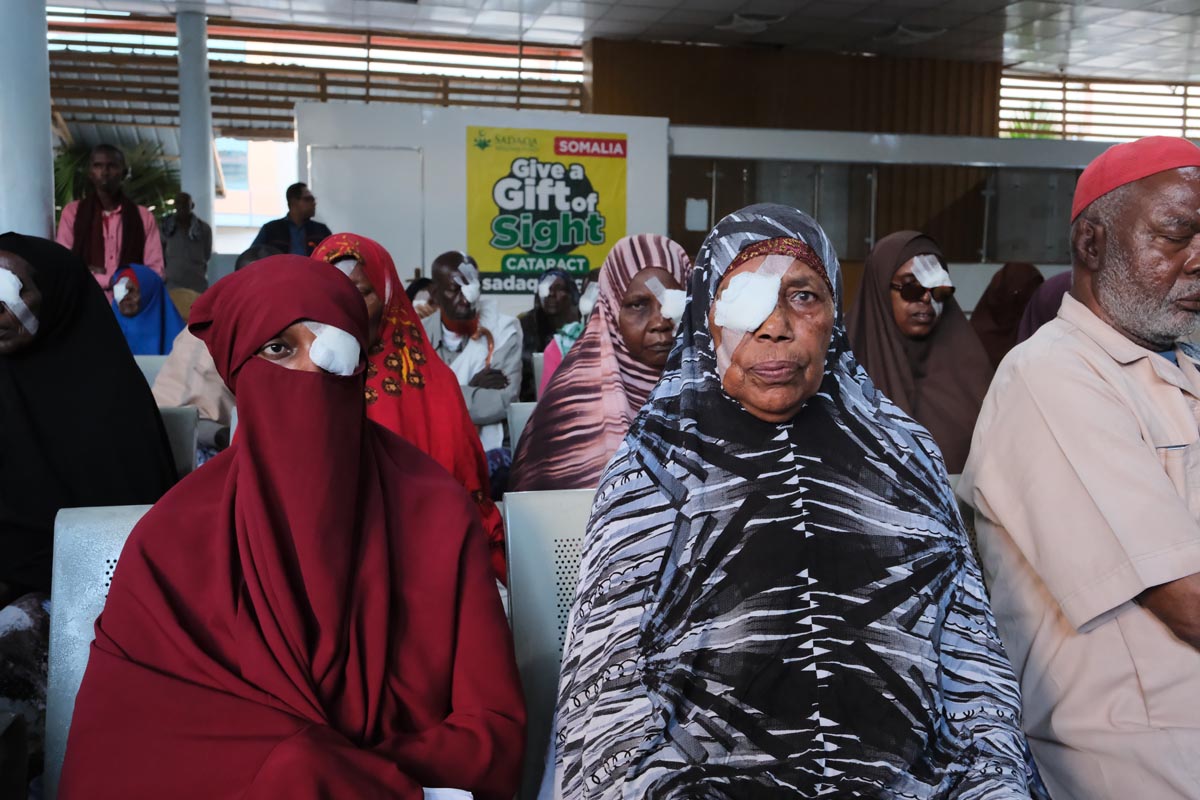What is Zakat al-Fitr?

What is Zakat al-Fitr? (Fitrana) Rules and Guidelines for Australia
Zakat al-Fitr, also known as Fitrana, is a compulsory charity that must be given at the end of the month of Ramadan, before the Eid al-Fitr prayer. Unlike annual Zakat (Zakat al-Mal), which is calculated on wealth and savings, Zakat al-Fitr is a fixed amount due for every Muslim, regardless of age or gender.
Its purpose is to purify the fasts of Ramadan and to ensure that those in need can celebrate Eid al-Fitr with dignity.
What is the purpose of Zakat al-Fitr?
Zakat al-Fitr serves two main purposes:
-
Spiritual purification – it compensates for minor mistakes or shortcomings during fasting
-
Social support – it provides food for the poor so they are not left hungry on Eid day
This makes Zakat al-Fitr both a personal obligation and a collective responsibility.
Who is required to pay Zakat al-Fitr?
Zakat al-Fitr is required from every Muslim who has more food than their basic needs for one day and one night.
In practice:
-
The head of the household usually pays on behalf of:
-
themselves
-
their spouse
-
children
-
dependents (including newborns born before sunset on the last day of Ramadan)
-
Because the amount is relatively small, almost every Muslim is required to give, reinforcing the universal nature of this obligation.
How much is Zakat al-Fitr in Australia?
Traditionally, Zakat al-Fitr is given as one sāʿ (approximately four double handfuls) of staple food, such as rice, wheat, barley, or dates.
In Australia, this is usually paid as a monetary equivalent so charities can distribute food more efficiently.
For Ramadan 2026, the commonly applied Zakat al-Fitr amount in Australia is around $12–$15 per person, depending on food costs and scholarly guidance.
To check the confirmed amount and make payment, you can pay Zakat al-Fitr online.
When must Zakat al-Fitr be paid?
Timing is critical for Zakat al-Fitr.
-
Best time to pay: during the last days of Ramadan
-
Latest time: before the Eid al-Fitr prayer
Paying early allows charities to distribute food to families in need before Eid, which is the intended purpose.
If Zakat al-Fitr is paid after the Eid prayer, it is no longer counted as Zakat al-Fitr and is treated as general Sadaqa instead.
When must Zakat al-Fitr be paid?
Timing is critical for Zakat al-Fitr.
-
Best time to pay: during the last days of Ramadan
-
Latest time: before the Eid al-Fitr prayer
Paying early allows charities to distribute food to families in need before Eid, which is the intended purpose.
If Zakat al-Fitr is paid after the Eid prayer, it is no longer counted as Zakat al-Fitr and is treated as general Sadaqa instead.
Where does your Zakat al-Fitr go?
Zakat al-Fitr is used specifically for food relief. At Sadaqa Welfare Fund, Fitrana is distributed to vulnerable families so they can share a proper meal on Eid day.
Your Zakat al-Fitr helps provide food packs to families facing hardship, including those affected by conflict, displacement, and poverty.
If you want to understand how this differs from annual Zakat, read What is Zakat?
Zakat al-Fitr vs annual Zakat: what’s the difference?
-
Zakat al-Fitr
-
Fixed amount
-
Paid once a year at the end of Ramadan
-
Based on food, not wealth
-
-
Annual Zakat (Zakat al-Mal)
-
2.5% of qualifying wealth
-
Paid when your Zakat due date arrives
-
Based on savings, assets, and investments
-
Both are obligatory, but they serve different purposes.
Fulfil your Zakat al-Fitr before Eid
Zakat al-Fitr is time-sensitive. Paying it on time ensures:
-
your fasts are purified
-
families in need can celebrate Eid with dignity
Don’t leave it to the last minute — pay Zakat al-Fitr online and fulfil this important Ramadan obligation.
